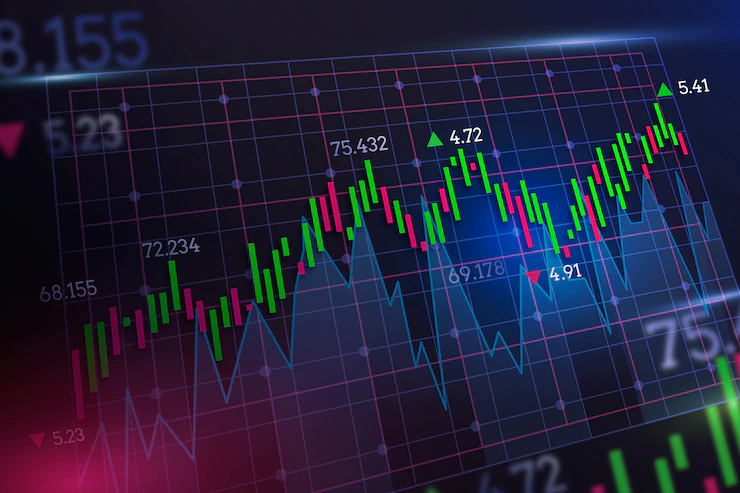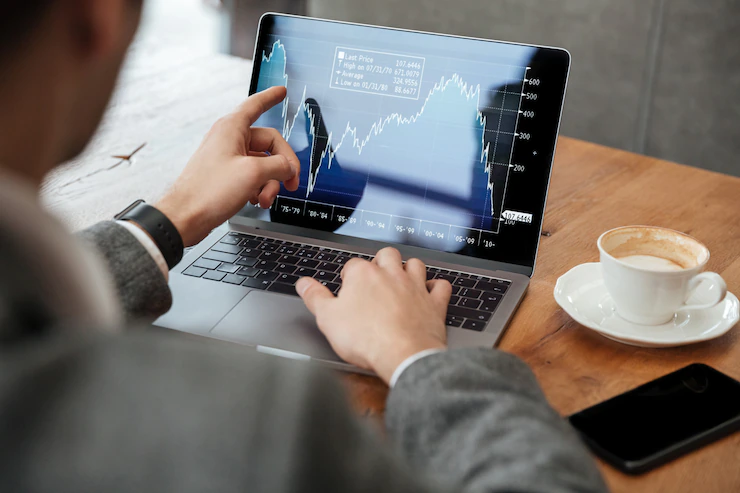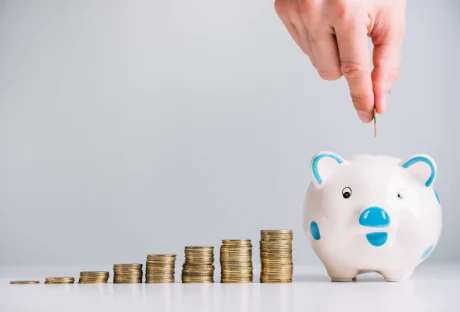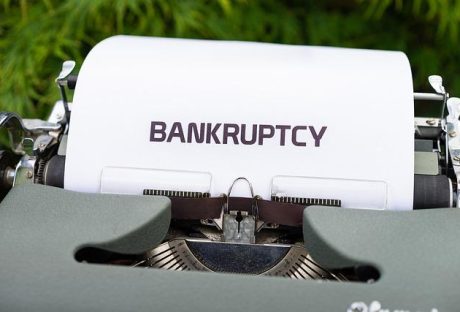You can profit from asset price fluctuations that you wouldn’t be able to afford otherwise by using margin trading. Margin trading can increase your profits but also increase the risk and size of any potential losses. But, how can you make it work for you?
Are you trying to decode the actual margin of trading and increase your potential wins? This article will go in-depth on margin trading tips and strategies you can apply to your existing strategy to increase your potential wins and reduce your losses.
What Is Margin Trading?
Margin trading is a typical type of asset trading that involves borrowing additional funds from a third party. As a result, traders who use margin accounts have more capital at their disposal.

As a result, individual traders are leveraging their positions. In essence, the margin of the trading strengthens trading positions, allowing traders to profit more from successful trades.
Traders should be aware of two different types of margins. Your required margin is the amount of money you’ll need to open a position. It is determined by the amount of leverage used, which is expressed as a leverage ratio.
- There are limits on how much your broker can lend you in a margin trade, which is determined by the actual size of your trading account or your overall maintenance margin.
- These all are the funds that you’ll need in the right account to cover the possibility of a loss.
- By law, retail accounts are limited to maximum leverage of 30:1 to 2:1, depending on the asset type.
- To reduce risk, brokers need to maintain a suitable overall margin.
- If you don’t have enough money to cover up the potential losses, you could be put on a margin call, in which case your broker will ask you to either top up your account or close your losing trades.
- You may face a margin closeout if your trading position continues to deteriorate.
Margin Trading Strategies
You are now familiar with margin trading and possibly how it works. How can you use it in your long and short positions? What are the long and short positions of trading economics?

● Long Positions
A long position is one in which the trader expects the price to rise. Traders take a long position when they believe the market will rise in value. They bet that the price of a particular asset or the entire market will continue to rise in this manner. They profit from the increase in value and sell at a later date or time.
You can magnify your wins by using leverage on the positions if your bias is that the current market move is up.
● Short Position
You’re betting that the price will fall when you take a short position. In more detail, traders take a short position when they believe the market will decline. Put another way, you’re betting against an asset rather than for it.
Just as you did on your long position, you can magnify your positions to significantly increase your wins if the current position hits your targeted point.
As a trader, you have the liberty to trade only with your money. That means it is not mandatory to leverage your positions every time you trade a commodity.
Tips On Margin Trading Strategies
You should always strive to be strategic as a trader. Below are some strategies you can use to stay on top of your game.

Overview:
- Keep Your Cool
- Start Slow
- Maintain A 100% Or Greater Maintenance Margin
- Don’t Rush Into Trades
- Set Up Limit Orders
- Monitor Your Open Positions
- Use Stop-Loss Orders
1. Keep Your Cool
It is easy to be all over the place as a beginner trader. However, it’s critical to remain rational when it comes to margin trading. Do not engage in any trades for which you are not fully prepared.
Instead of relying on your emotions and adrenaline, use technical analysis and trading indicators. Alternatively, always make sure you have a plan and are trading the project; the money will come.
2. Start Slow
Margin trading has a much higher potential for profit than regular trading. Higher profits, however, come with a higher risk.
So before going all in, consider starting with lower leverage, such as 1x or 2x. This method reduces the likelihood of automatic liquidation.
3. Maintain A 100% Or Greater Maintenance Margin
Keep in mind that many traders will be going to start with low funds in their margin accounts, which can sometimes exaggerate the loss amount. If you keep the bare minimum in your account, margin calls are more likely. Maintain a small buffer in your account to ensure it can withstand minor market fluctuations.
You don’t want to end up in a situation where your broker is forced to sell your holdings at a loss with no chance of recouping your investment. You should ensure your account is adequately funded because no one wants their positions to be automatically closed.
4. Don’t Rush Into Trades
Instead of being spontaneous, plan your trades ahead of time and trade your plan. Also, when margin trading, try to be patient.
You will gain an advantage if you calculate the proper entry time—especially when compared to diving in with both feet.
5. Set Up Limit Orders
Limit orders allow you to buy or sell assets at a set price or a better price. For the case of buying the limited orders, the order will only be filled within the limited price or a lower price.
On the other side, selling the limited orders will only be filled at a fixed price or a higher price. So when it comes to margin trading, limited orders can help you reduce risk. It feels like you have complete control of your trades! Yeah, that’s right.
6. Monitor Your Open Positions
Keep an eye on your trades and close them if they go against you, or set up automatic stop orders to close positions early. Using automatic stop orders is much more effective.
7. Use Stop-Loss Orders
Stop losses automate your trading, and take the emotion out of your decision-making process.
For example, stop orders can help you avoid a margin call or a margin closeout by limiting your losses during a market sell-off.
Wrapping It Up:
Margin trading helps you grow your account and finances significantly only when traded strategically. If you like to earn money with margin trading, then along with the investments, you have to automate the whole system. As with automated systems, you can increase your profit-making chances.
Additionals:






















